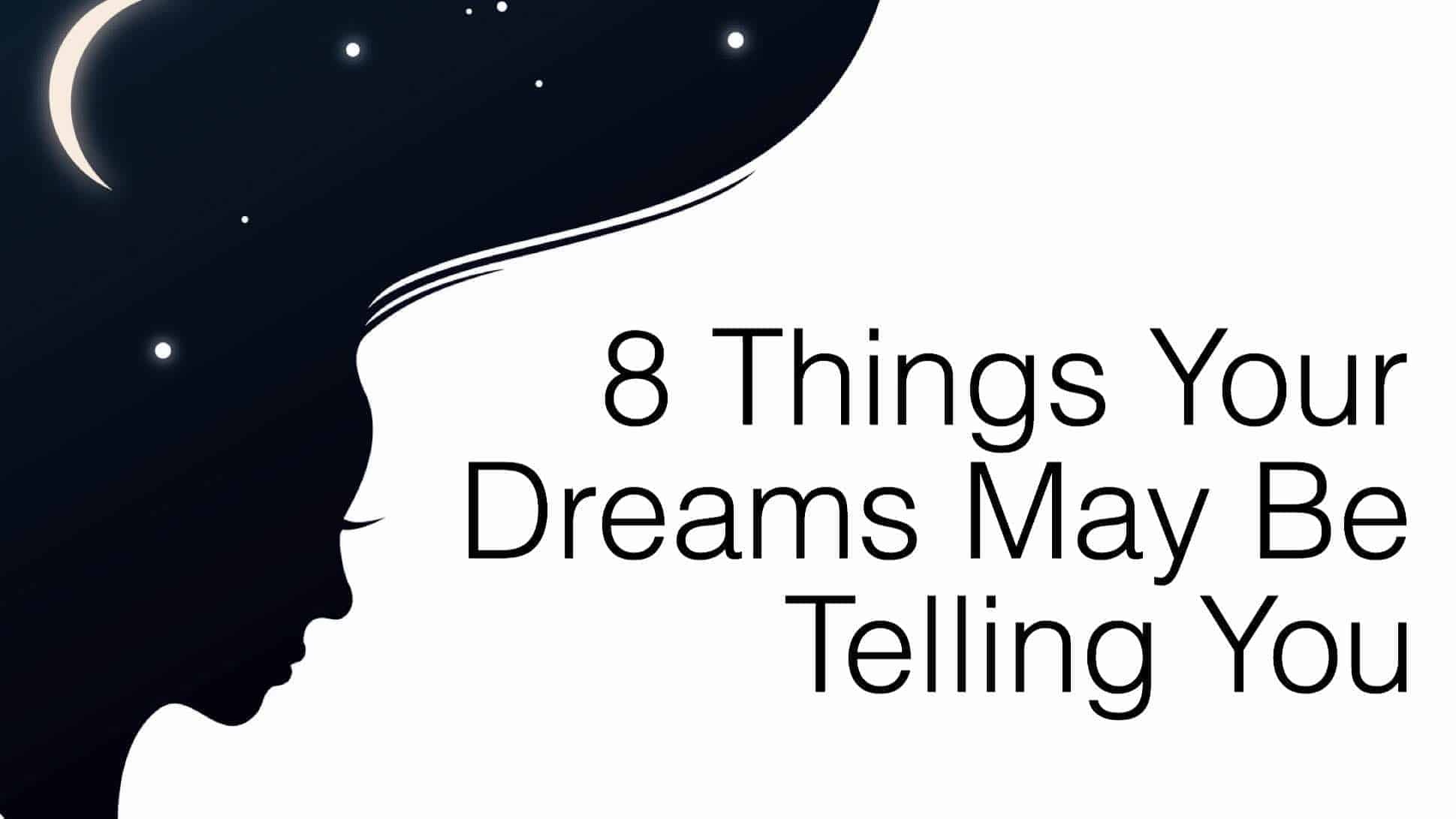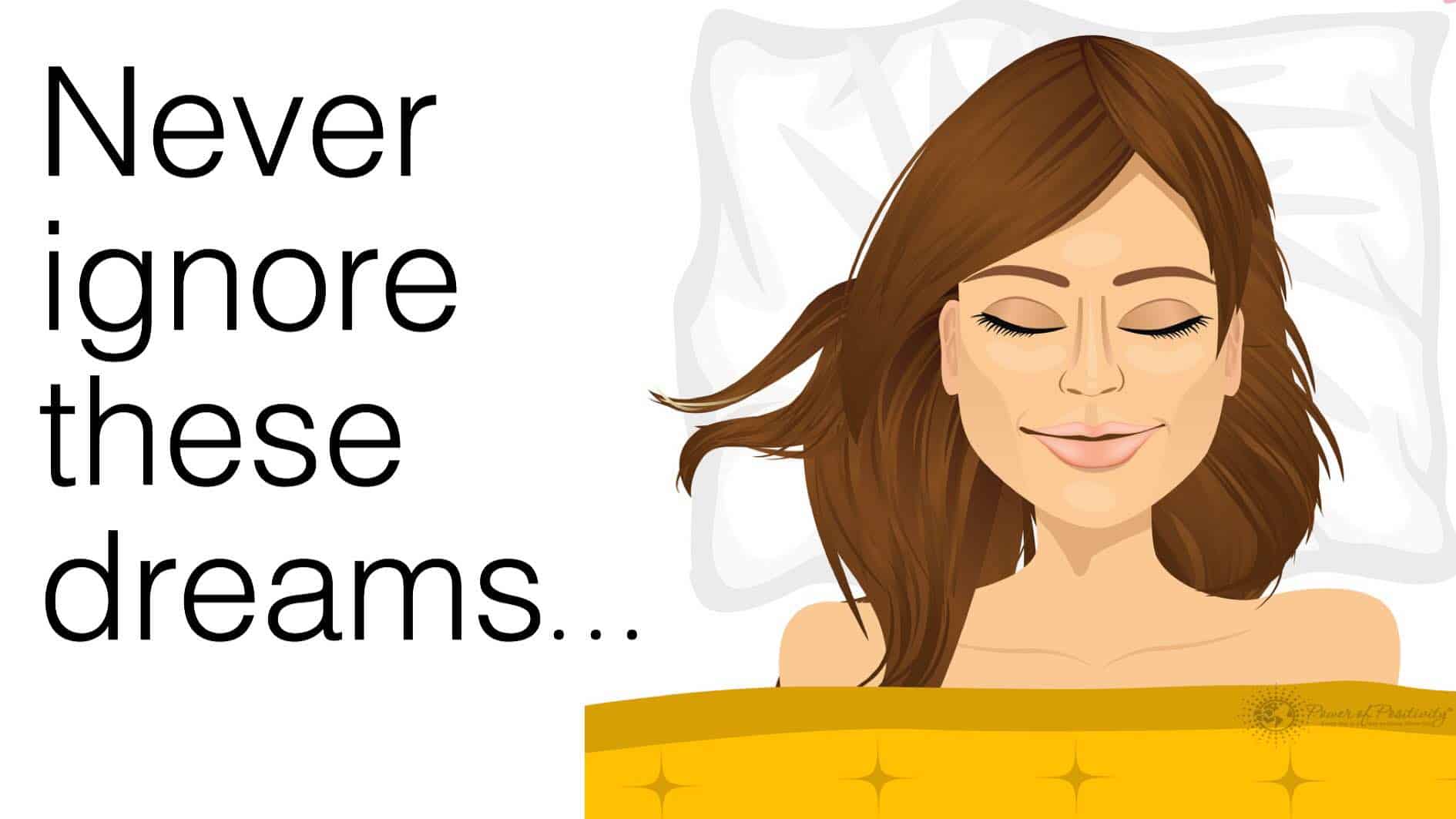Metaphysics and other schools of thought teach us that dreams reveal a lot about our state of mind. Dreams are purportedly significant because dreams are thoughts and since we’re thinking creatures, dreams have something to say about us as individuals.
It turns out that our dreams can reveal much about us, and in many different areas of life. We’ve compiled eight different things that dreams can reveal about who we are. If we are willing to devote the time to record and study them, we are likely to find that personal discovery and interpretation of our dreams can be a rewarding endeavor.
The whole life is a succession of dreams. My ambition is to be a conscious dreamer, and that is all. – Swami Vivekananda
Here are 8 things your dreams may be telling you:
1. The state of your health
It is thought that when we dream of our car, we’re dreaming about our health. In such dreams, the car is thought to be symbolic of the mind. The reasoning is this: a car is used to transport our bodies from place to place, and our body does the same thing for our mind – transporting it from place to place.
So, pay attention to the state of your car. Is it beaten down or brand new? This may just be an indication of your physical health.
2. The state of your mind
As with the body, dreams can reveal things about the mind. According to experts, the setting of such dreams exhibits the state of our mind the day before. For example, if you’re at work, more than likely your mind was focused and driven. If you’re in a new home, you’re starting to thinking in newer, unconventional ways.
3. Future possibilities
Many people will attest to the fact that dreams can be quite predictive in nature. It is not uncommon for someone to have a dream about a memorable place, only to find themselves at the exact same, previously unknown place later on down the road. It is important to understand that not all dreams are concrete predictions. As with many functionalities of our mind, it can – at times – be a bit wayward.
4. The nature of habits
Dreams that relate to our habits often involve animals. The reason is that animals are instinctive, unabashed creatures – symbolic of habits without self-control. Interaction that takes place between the dreamer and animal is important here. Subservience to habits is often depicted by animals chasing or attacking us, while control of habits is shown by maintaining control of the animal.
5. Use of Creativity/Imagination
Dreams have a unique way of bringing forth our creative gifts. In fact, some of the more famous inventions and discoveries can be attributed, as least in part, by dreams. For instance, Elias Howe, inventor of the sewing machine, credits his dreams for helping him identify a key component – a part that allowed him to finish his work. Symbols of a creative origin may be indicative of a past of present imaginative endeavor.
6. How we use our attention
Attention is a valuable gift. It allows us to hone our efforts on whatever we choose. Our dreams can be a symbolic representation of how we exert our focus. Mundane dreams often mean that we’re spending too much time lollygagging instead of turning our attention to more valuable efforts. Fun, inspiring dreams often reflect our efforts directing our attention to pursuits that bring value and inspiration.
7. How we’re expressing ourselves
The clothing worn in our dreams is often symbolic of our personal means of expression. If we’re cloaked in work attire, it likely means that our mindset is strictly business. Loose, comfortable, brightly-colored clothes tells us that we’re in a playful, childlike mindset. What about being naked? Well, this happens often, and it usually indicates that we’re comfortable with our natural (and true) Selves.
8. How we’re changing
Life is in a constant state of flux, and our nightly visions often represent this fact. For instance, if someone dies in our dream, it usually means that there is a certain part of us that is changing as well. It is important to identify who has died and how they died, as this may be symbolic of the part of us that is changing. Furthermore, the circumstances around the “death” may be indicative of whether or not the change was forced or welcomed.














 Community
Community

